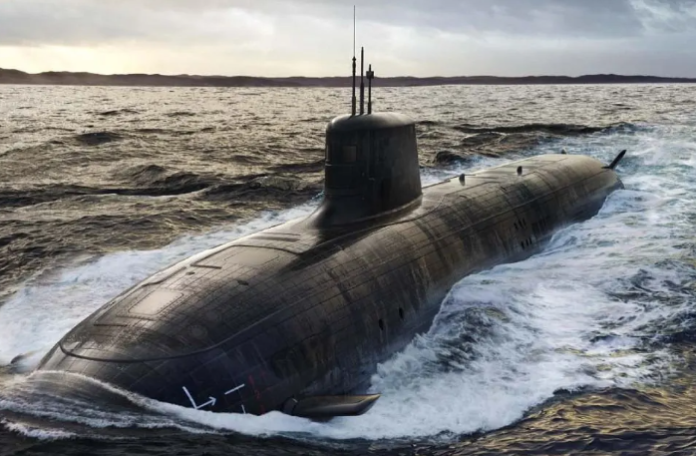The US State Department has approved a Foreign Military Sale (FMS) to Australia consisting of a $2 billion training programme associated with AUKUS Pillar I, as well as training devices and associated equipment.
Announced by the US Defence Security Cooperation Agency (DSCA) on 1 December 2023, the sale is designed to support Australia in acquiring, building and maintaining nuclear-powered attack submarines (SSNs) as part of a trilateral pact that also includes the UK.
Australia plans to buy up to five Virginia-class nuclear-powered submarines from the US with an option for two more units. This acquisition, worth around $2 billion (€1.86 billion), is due to begin in 2030, marking a significant development in the AUKUS military alliance.
Three partner countries plan to work in parallel to develop a new generation of submarines, dubbed SSN-AUKUS, which will integrate advanced American technology into the British design. These nuclear-powered, conventionally armed submarines are due to be deployed by the late 2030s and early 2040s.
Australian Prime Minister Anthony Albanese described the project as “the largest investment in Australian history” under the AUKUS partnership. He said the project, in co-operation with the US and UK, would boost the Australian economy for decades and create around 20,000 direct jobs. A new shipyard will be built in Adelaide, South Australia, to support this project.
This significant investment follows Australia’s cancellation of a previous contract with a French naval group to purchase A$50 billion worth of ocean-class submarines. This decision led to a major diplomatic crisis with France.
The AUKUS alliance, an initiative of the US, Australia and the UK, is primarily aimed at countering China’s growing power, especially over concerns about Chinese military ambitions in Taiwan. US President Joe Biden has emphasised the importance of the alliance to ensure that the Indo-Pacific remains “free and open”, a statement that was seen as a direct response to China’s growing influence in the region.
